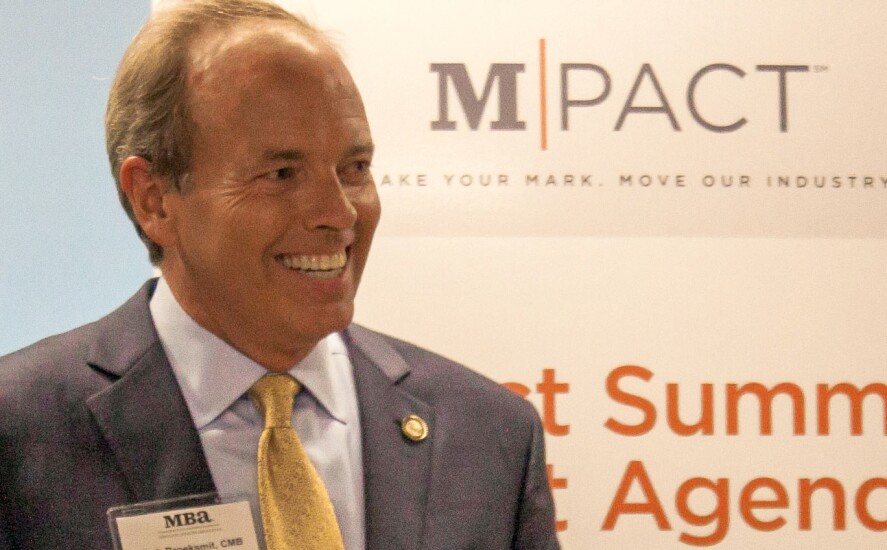Broeksmit spent most of his youth in Dwight, Ill., a town of less than 4,000 people about 80 miles southwest of Chicago. Corn and soybean fields fill the landscape, and Route 66 cuts through the center of town. His family lived in a parsonage next to the church where his father preached.
It was a rather humble upbringing, but it still came with a lot of expectations. Broeksmit's father had attended Yale, while his mother went to Vassar College. He would go on to be the fourth generation on his mother's side and third on his father's side to attend Yale.
"There was a certain amount of educational pedigree, but there wasn't any money," Broeksmit said.
And despite growing up in a small town where everyone knows everybody's business, Broeksmit found ways to get away with mischief-making.
"The organist at our church moonlighted as a waitress at the truck stop, and the truck stop is where we would go late at night or early in the morning after having misbehaved," Broeksmit said. "And she would wait on us, and it was obvious that we'd been having fun, and then I'd see her at church the next morning and not a word was spoken. So that was a pretty good setup actually."
A few years into his career, Broeksmit moved to Frederick, Md., to join Prudential Mortgage. There he met Bruce Muller, who took Broeksmit under his wing. The two worked together until Prudential was acquired by Norwest in 1996.
(Norwest then merged with Wells Fargo in 1998.) The pair moved on to Chevy Chase, a savings and loan headquartered in the Maryland suburbs of Washington.
Muller, a Marine Corps veteran who served in the Vietnam War, "swore like a sailor," Broeksmit said, but he had an innate understanding of mortgage operations. His example laid the foundation for Broeksmit's leadership style.
"I learned a lot from him, and beneath this gruff exterior, which he retains to this day, he had a heart of gold," Broeksmit said of his old boss. "He would go out with the people on the line, the processors, and the underwriters and the closers, and he'd get to know them really well, and he would know who's a single mother or, you know, somebody who's maybe going through a tough time, and he would do things like clip out diaper coupons and take them to these co-workers."
When Muller retired from Chevy Chase, he recommended Broeksmit take his place. "He brings out the best in the people around him," Muller said of his protege. "He's the type of guy who can take an average performer and turn him into an exceptional performer, and he doesn't even know it's happening."
It was unusual for the closely held bank to promote a young executive into such a high-profile role. "His detailed knowledge gave him instant credibility with the people who were reporting to him, who by and large were much older," said Boyle. "He's a good leader. He speaks effectively in front of a group of loans officers or brokers or underwriters — he just has that kind of gift."









